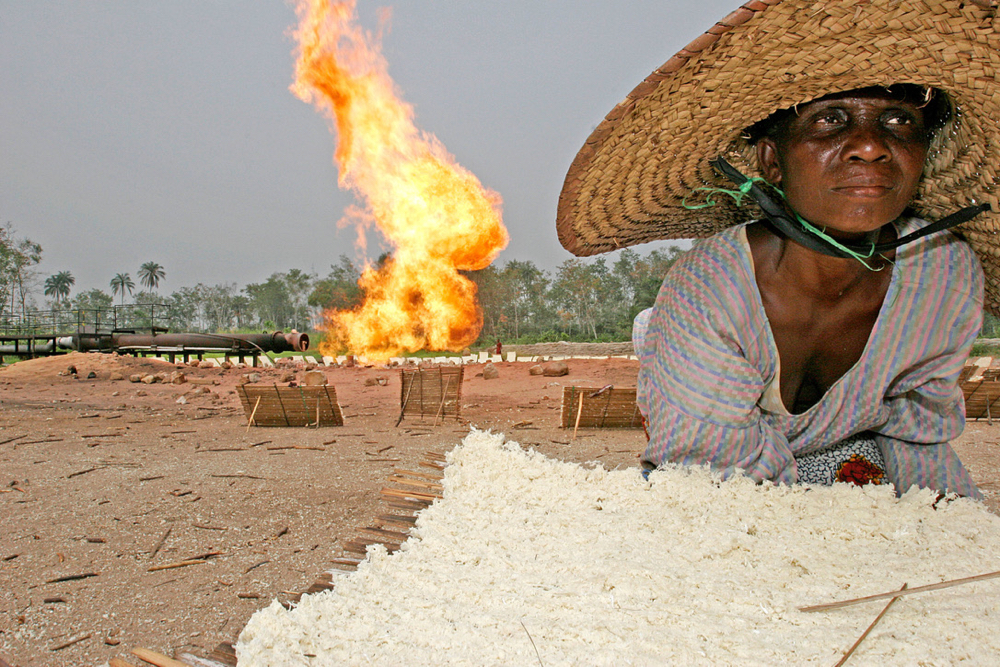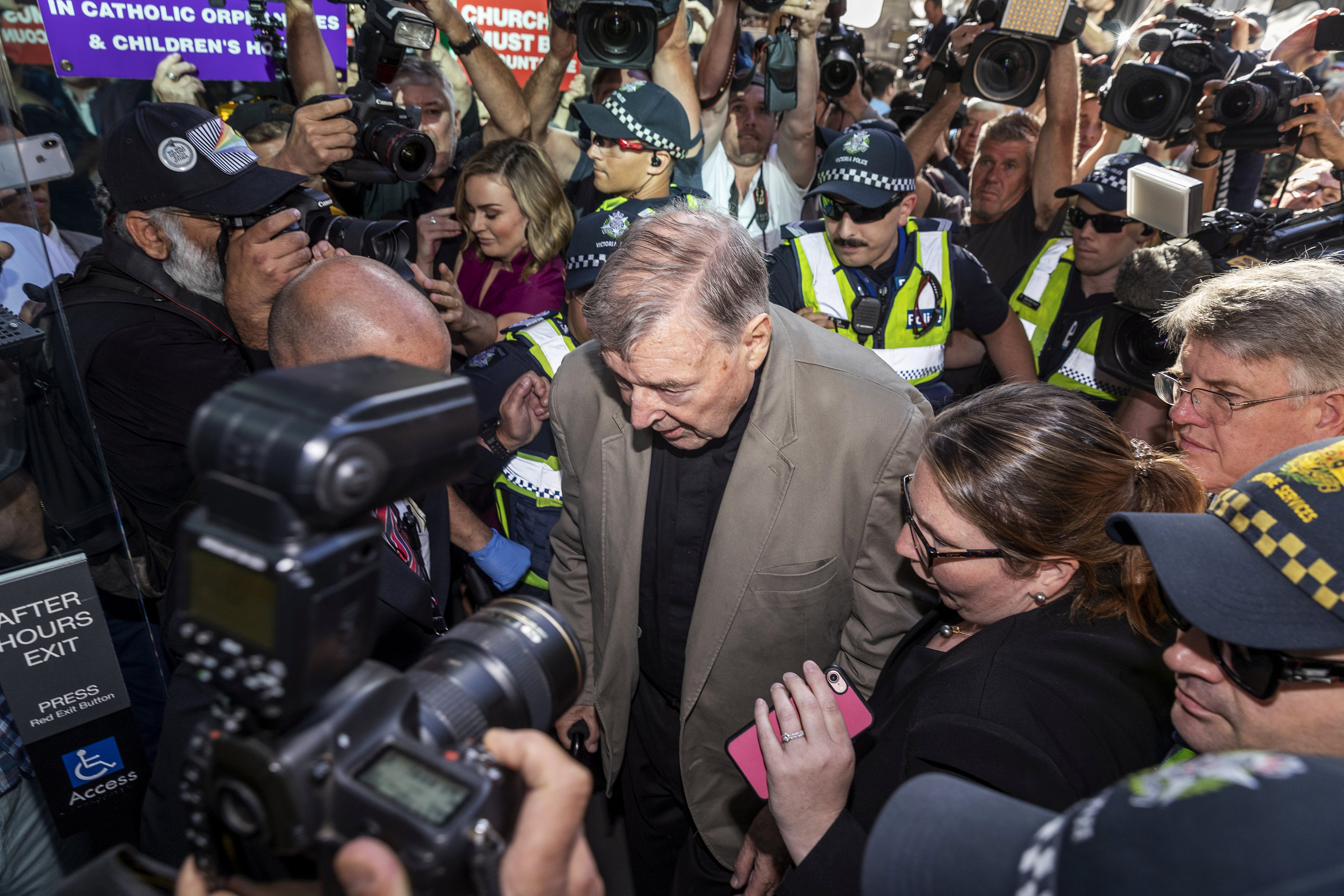The Church is grappling to come to terms with Cardinal George Pell’s conviction for sexually abusing two 13-year-old choirboys, with a febrile atmosphere in Australia seeing heavy criticism of the Archbishop of Sydney and a university vice-chancellor for their responses to the verdict.
The former Vatican financial tsar, who was charged by police in 2017 with multiple sex abuse allegations spanning decades, is currently spending 23-hours-a-day in solitary confinement in a Melbourne prison as he waits for a 13 March hearing where he will be handed down a sentence for his crimes.
Pell, 77, never took the stand during his trial but has strenuously maintained his innocence telling police the claims against him were “deranged nonsense” and is appealing the verdict.
Nevertheless, the man who was once the public face of Australian Catholicism and a dominant figure in the Church scene globally is expected to be sent to prison for somewhere between ten and 14 years and is already facing a civil claim for sexual abuse from another complainant.
In an attempt to mitigate his sentence, the cardinal’s barrister, Robert Richter, described the crimes as “plain vanilla sex acts” that had lasted “less than six minutes.” The trial Judge Peter Kidd disagreed describing it as “callous, brazen offending” that contained an element of brutality.
Following the lifting of a media suppression forbidding reporting on the case, the cardinal’s 11 December conviction was made public on 26 February. A unanimous jury finding him guilty of five counts of indecent assault of a child under-16 and one of penetration of a child under-16 in the sacristy of St Patrick’s Cathedral, Melbourne. This was a retrial of the alleged after the first trial ended with a hung jury.
Days after the verdict, the Archbishop of Sydney, Anthony Fisher, faced criticism for warning those attending Mass at St Mary’s Cathedral about being “too quick to judge” Cardinal Pell arguing they should allow “truth and justice to unfold in God’s good time.” The cardinal, he added, was offering his time in prison “for all innocents who suffer.”
Striking a less defensive tone, the Bishop of Paramatta, Vincent Long, himself an abuse survivor, spoke of the “shame and anger at the betrayal that the clerical sex abuse crimes represent, and the hypocrisy they reveal.” He stressed: “we are not the Church of one particular leader, be it Pope Francis or Cardinal Pell or any other bishop.”
Meanwhile, staff at the Australian Catholic University have written to their chancellor calling on him to “sanction” Gregory Craven, the university’s vice chancellor, for an article in the Australian newspaper headlined “George Pell: a case where justice never had a chance” where Mr Craven argued the media and police had blackened the name of Pell.
The letter, written on behalf of staff union members, called for the portrait of the cardinal to be removed from the Sydney campus and the Pell Centre at the Ballarat campus be re-named.
Cardinal Pell’s trials over the sacristy offences took place under a media blackout to prevent prejudicing a second abuse trial which did not proceed due to a lack of admissible evidence.
Some in Catholic circles had raised questions about his guilt by reporting that the hung jury in the cardinal’s first trial had come to a 10-2 decision to acquit the prelate.
This claim has been strenuously disputed both by a legal expert and journalists in the court room.
University of Melbourne law professor Jeremy Gans said there was “very little reason to think it is true,” pointing out that it was illegal for jurors to reveal details about their deliberations.
During the first trial, the judge was told the jurors had reached an impasse and told them they could reach an 11-1 verdict. It was equally probable, therefore, that the jury was 10-2 in favour of a guilty verdict as it was to acquit, while two reporters in the Melbourne courtroom saw some jurors in tears indicating the deep divisions among the twelve.
“I don’t think this claim [10-2 not guilty] can be trusted,” stressed Professor Gans.
While one of the choirboy victims of Pell has died and said he was not abused, the other victim gave evidence via a video link and was cross-examined by the cardinal’s barrister, Mr Richter with no reporters present.
The victim’s evidence of when the abuse took place corresponded with when the cardinal, then Archbishop of Melbourne, was recorded as saying Mass in December 1996 and February 1997. Along with the incident in the sacristy Pell was found guilty of a separate groping charge against the victim who is still alive.
Days after the verdict it emerged that Cardinal Pell is to being sued for another abuse allegation dating back to the 1970s.
A 50-year-old man has lodged a civil lawsuit in the Supreme Court of Victoria, alleging that he was assaulted by then Fr George Pell in a swimming pool in Ballarat as a boy.
Allegations that the cardinal groped the boys in the pool was due to be examined in the terminated second trial. The man, who has asked not to be named, is suing Pell personally along with the Archdiocese of Melbourne, the State of Victoria and the trustees of the Catholic boys home where he lived.
In June 2017, Victoria police charged the cardinal with multiple allegations of sexual offences with a number relating to molestation at a swimming pool in Ballarat.
A committal hearing in March also heard he had been accused of abusing a complainant while watching the film 'Close Encounters of the Third Kind' at a cinema, and abusing another complainant during a water-skiing outing at a lake. None of those allegations proceeded to trial.
In 2002, a man called Phil Scott alleged that a 20-year-old Pell groped him as a 12-year-old at a summer camp in 1961. The Church commissioned a retired judge Alec Southwell to investigate the claim and who found it “not proven” but neither was it dismissed. Separately, the cardinal was accused by a man called Les Tyak for exposing himself to young boys at the Torquay Life Saving Club, on the coast of Victoria, in the summer of 1986-87 and where Pell went on holiday.
Rather than the burden of proof required by a criminal trial, Church child protection norms assess whether an allegation is credible before considering whether to remove a priest from ministry. The cardinal has been removed from ministry and barred from any contact with minors.
Some experts say Pell's appeal against his conviction could be successful but regardless of that outcome he will continue to face a Church investigation trial that could result in his removal from the priesthood coupled with fighting the civil claim.



 Loading ...
Loading ...